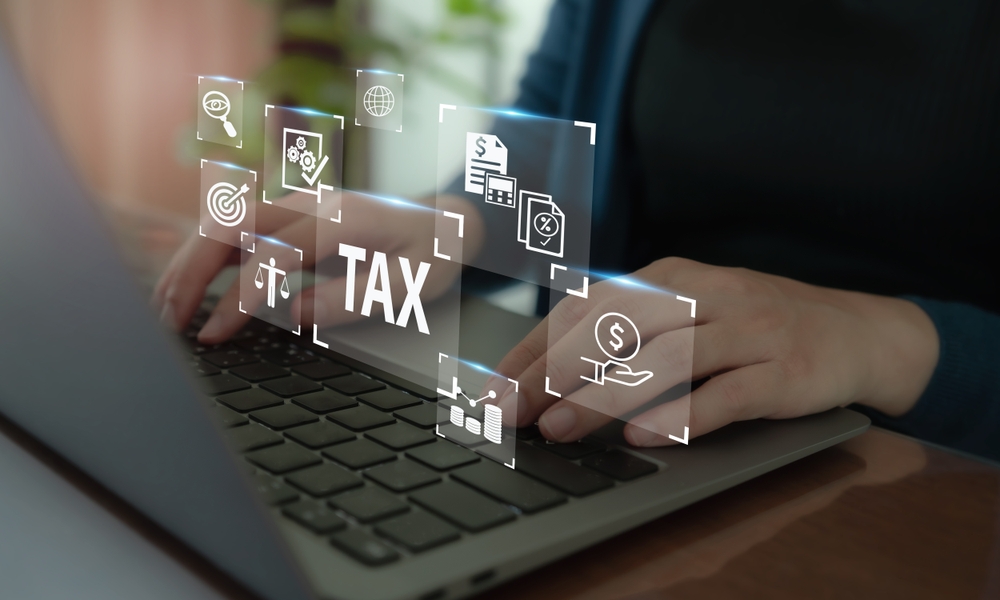When it comes to managing your taxes, the stakes are high. The right tax professional can save you money, time, and stress, but choosing the wrong one can lead to costly mistakes. To ensure you make the best choice, here are three key things to look for when hiring a tax professional:
Qualifications and Certifications
The first and most critical aspect to consider when hiring a tax professional is their qualifications. This includes ensuring they have the right certifications to handle your specific tax needs. Generally, you should look for professionals who are Certified Public Accountants (CPAs), Enrolled Agents (EAs), or tax attorneys.
- Certified Public Accountants (CPAs): CPAs are highly trained professionals who must pass a rigorous exam and meet specific educational and experience requirements. They are also required to participate in continuing education to stay current with changes in tax laws. CPAs are qualified to handle a broad range of tax-related issues, including tax preparation, tax planning, and representation before the IRS.
- Enrolled Agents (EAs): EAs are tax professionals licensed by the IRS. They specialize in tax matters and have passed a comprehensive exam covering all aspects of the tax code. EAs are authorized to represent taxpayers before the IRS, making them a good choice if you need help with audits or other tax disputes.
- Tax Attorneys: Tax attorneys are lawyers who specialize in tax law. They are particularly useful for dealing with complex legal tax issues, such as estate planning, tax disputes, and navigating the complexities of tax litigation.
It’s essential to verify these credentials through official channels. For CPAs, you can check with the state board of accountancy, while EAs are listed on the IRS website. Hiring a professional with the appropriate credentials ensures that your tax matters are handled by someone knowledgeable and trustworthy.
Experience and Specialization
Experience is another crucial factor when selecting a tax professional. Tax laws are complex and constantly changing, and experience often equates to a deeper understanding of these intricacies. The more experienced a tax professional is, the more likely they are to have encountered a situation similar to yours and can offer informed advice.
Additionally, it’s important to consider the professional’s area of specialization. For example:
- Small Business Taxes: If you run a small business, you’ll want to hire someone who specializes in business taxes. They will be familiar with the unique challenges small businesses face, such as deductions, payroll taxes, and quarterly filings.
- International Tax Issues: If you have overseas investments, work abroad, or have other international tax considerations, it’s crucial to find a tax professional who understands international tax laws.
- Audits and IRS Representation: If you’re facing an audit, you need a professional who has experience dealing with the IRS. EAs and tax attorneys are often well-suited for this role.
By choosing a professional with relevant experience and specialization, you’re more likely to receive advice tailored to your specific situation, which can lead to better financial outcomes.
Compatibility, Communication, and Technology Use
Finally, the relationship you have with your tax professional is critical. Effective communication is essential for ensuring that your tax preparation process goes smoothly. Here are some factors to consider:
- Communication Style: You want a tax professional who can explain complex tax concepts in a way that you can understand. They should be patient, willing to answer your questions, and capable of providing clear and concise explanations.
- Availability and Responsiveness: Taxes can be time-sensitive, so you need a professional who is available when you need them and responds promptly to your inquiries. Delays in communication can lead to missed deadlines and costly penalties.
- Technology and Electronic Filing: In today’s digital age, it’s beneficial to work with a tax professional who uses modern technology to manage your tax filings. Electronic filing not only speeds up the process but also reduces the likelihood of errors. Additionally, secure digital communication and document sharing can make the entire process more convenient and efficient.
- Personal Compatibility: Beyond technical skills, personal compatibility is crucial. You’ll be sharing sensitive financial information with your tax professional, so it’s important that you feel comfortable and trust them.
A good working relationship fosters better communication, which in turn ensures that your tax filings are accurate and timely.
Also Read: Capitalizing on Ambition: A Holistic View of Business Loans and Prosperity
Conclusion
Hiring a tax professional is an important decision that can have significant financial implications. By focusing on qualifications, experience, and the quality of communication, you can find a tax professional who will not only help you navigate the complexities of the tax code but also become a trusted advisor for your financial future.
Take the time to interview several candidates, check their credentials, and assess their communication style before making your decision. Doing so will help you find a tax professional who is the right fit for your needs and can provide you with the best possible outcome during tax season and beyond.
By keeping these factors in mind, you can confidently select a tax professional who will serve as a valuable partner in managing your finances, ensuring that your tax obligations are met efficiently and accurately.

